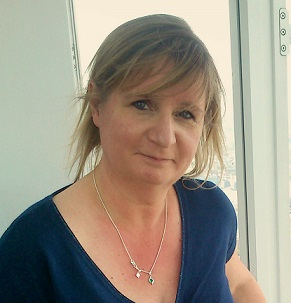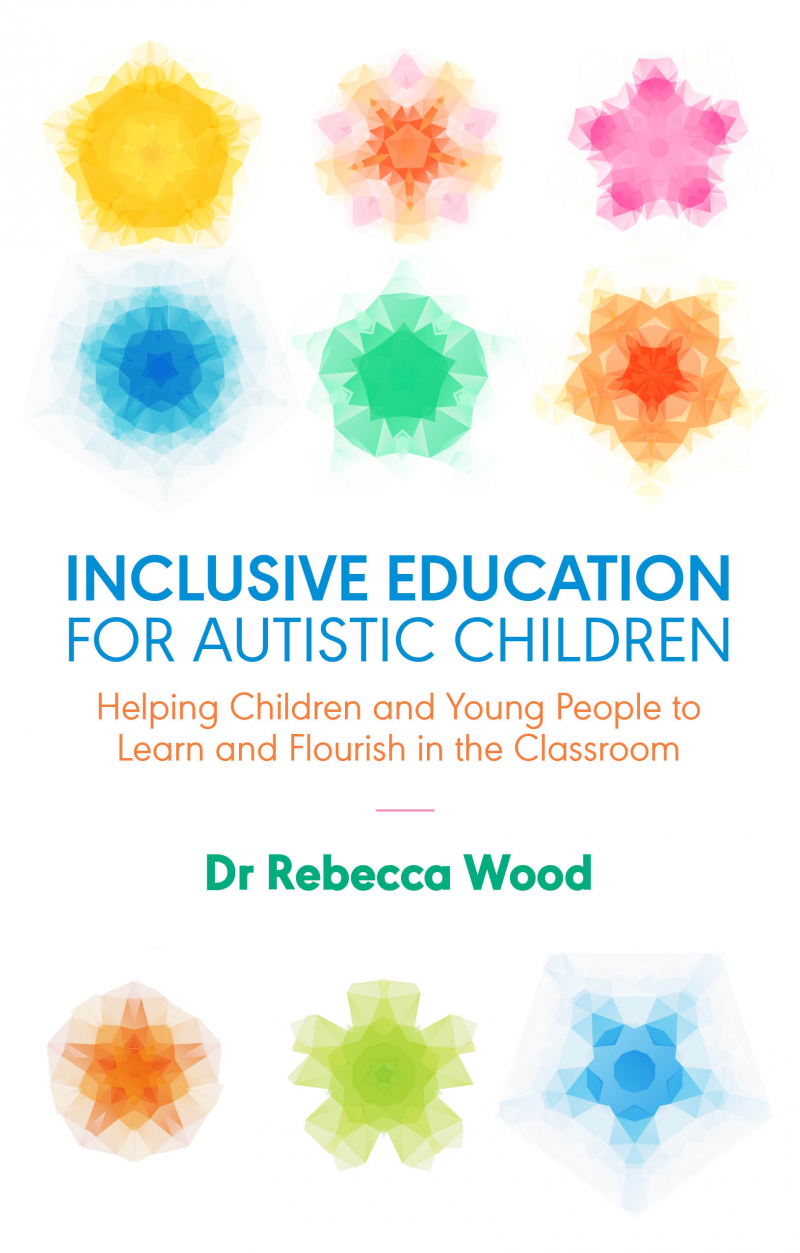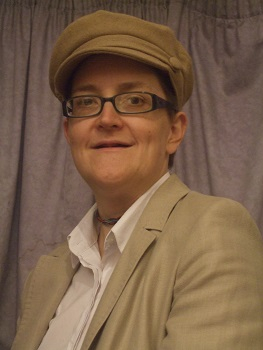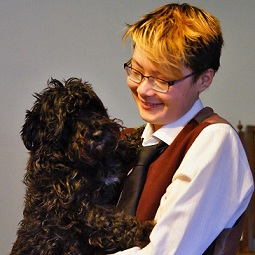What Should Autistic Pupils be Learning in School?
Dr Rebecca Wood, Senior Lecturer, University of East London
It amazes me how little attention is devoted to the learning priorities of autistic children and young people. We spend a great deal of time discussing issues around inclusion and exclusion, interventions of various sorts and specialist pedagogies, but much less considering what autistic pupils should be studying in school. And even less time is devoted to forming a nuanced approach to this question, incorporating the views and perspectives of the autistic pupils themselves, as well as their families.
Debates, when they do take place, tend to be polarised around the nebulous concept of ‘life skills’ versus the academic or vocational curriculum. The argument goes that if autistic children and young people don’t focus on the skills they will need in later life – communication, socialisation, buttering toast – then any academic qualifications will be worthless. And certainly, research shows that autistic people may well have problems with communication, or experience difficulties with the social complexities of working environments, or find sequencing tricky, for example. However, not only is this a rather narrow and one-sided way of thinking about these issues, not taking into account the lack of inclusivity of many workspaces, for example, but it presents a false dichotomy whereby life skills and academic study are always perceived as mutually exclusive.
In my own research, where the focus was the primary phase of education, the views of the ten autistic adults and ten parents of autistic children who participated were quite mixed on the issue of what autistic pupils should be learning in school. Both groups felt that happiness and well-being, as well as less tangible skills, such as developing a love of learning, were of high importance. However, some parents emphasised socialisation and friendship-making more than any other priority, a view which had been pivotal in their choice of a mainstream school over a special school. This in itself was underpinned by a belief that in a mainstream school, their children would be presented with positive social models they could emulate.
On the other hand, the autistic adults tended to assert that the academic curriculum was the most important priority in primary school. This was despite the fact that some of them had experienced social difficulties in school, such as wanting to join in with play, but not knowing how to go about it. Moreover, those who considered that learning social skills was important also stated that this was to do with being able to function in a society which made them feel alienated and disconnected, rather than an inherent need or wish. Furthermore, not all of the autistic adults had concerns about the social aspects of schooling, and the same applied to some of the ten autistic children who also participated in my study. For some of those children, friendships and the social facets of learning, such as group work, mattered a great deal, but this was not the case for all. Indeed, the longer-term plans of the autistic pupils – such as becoming a mechanic or working with computers – were driven by their interests, rather than social preoccupations.
Meanwhile, most of the autistic children in my study had a patchy or part-time timetable, with part-days or part-sessions devoted to some sort of intervention or for small group work. And certainly, some of these processes were experienced as helpful and indeed necessary by the children, providing a break from noise, or the possibility of confiding in a teaching assistant, for example. However, these approaches could be quite generalised, and were sometimes dictated by a sense of trying to manage the child, rather than target help where it was needed.
Moreover, there was no structure in place to help the children catch up on work missed for lessons ditched for the sake of interventions. In addition, even though the autistic pupils were considered to have problems with social interaction, they were often denied the more natural social opportunities schools usually provide. For example, only one of the ten autistic pupils attended after-school clubs, due to lack of funding, staff said. In other words, the autistic pupils might be expected to conform to pre-conceived notions of sociality via social intervention groups, all the while being treated differently socially in school.
So where does all of this leave us? What is clear is that there are no easy answers to the question of what the curriculum of an autistic pupil should be, just as there are no easy answers for all children on this issue. A starting point must be therefore to consult broadly before making these decisions, incorporating the views of parents, and the young person concerned in particular, a point underscored in my recently published book. Learning some sort of life skill should not be predicated on non-autistic values or an assumption of autistic dysfunction, and support should target the needs of the child, not the aims of the school. The academic or vocational curriculum must not be perceived as sitting in opposition to broader needs and abilities, or to happiness and well-being, which should always be of paramount importance in any case. Indeed, academic learning has its own, intrinsic value, which can bring enormous pleasure to some autistic pupils and enable social connections, especially when that subject aligns with their strong interests. So educators must proceed with care when deciding that learning how to spread butter on toast – which some children might never get the hang of anyway - is somehow more important than any other school subject, interest or vocational aim.
Dr Rebecca Wood is a Senior Lecturer in Special Education at the University of East London. Her book, ‘Inclusive Education for Autistic Children: Helping Children and Young People to Learn and Flourish in the Classroom’ is published by Jessica Kingsley Publishers.






